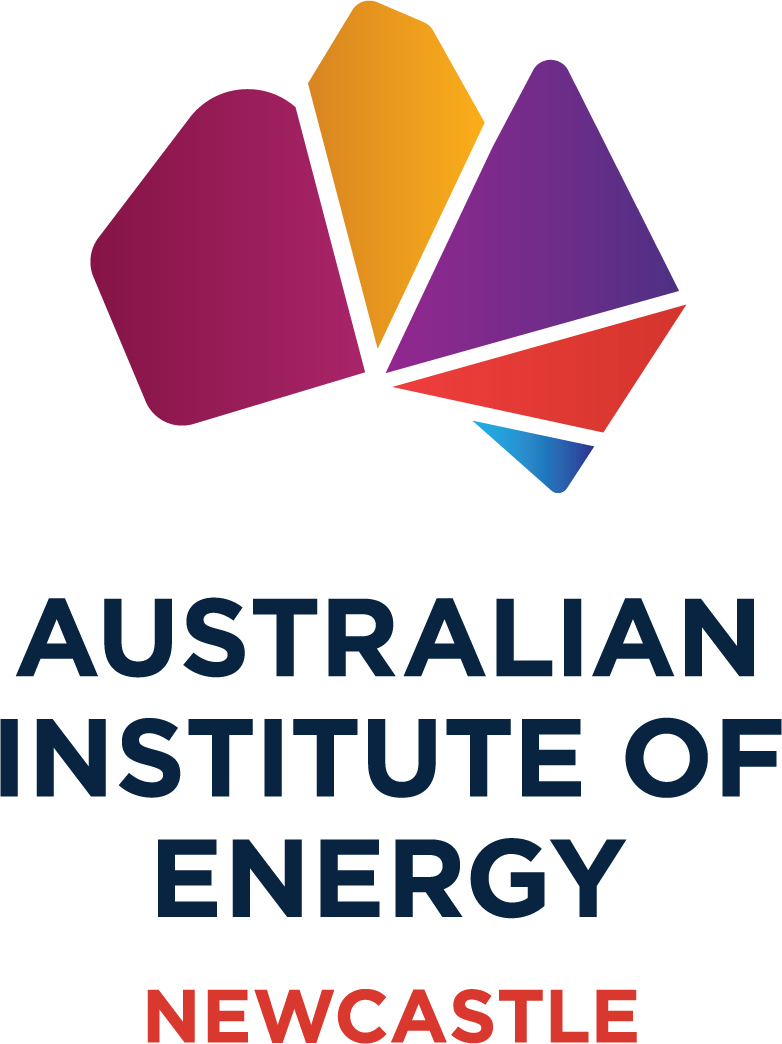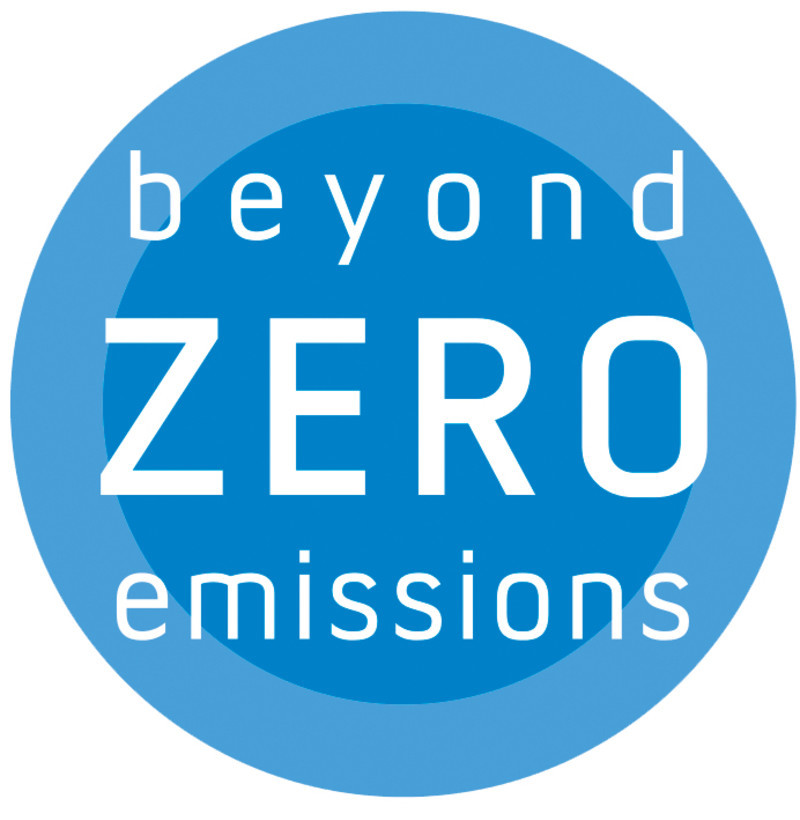The Lowdown on Power Purchase Agreements: How can they help secure cheaper, greener energy?
New resources explain how PPAs allow business and other organisations to lock in lower energy costs while supporting renewable energy projects, helping reduce their carbon footprint and stabilise energy expenses

EnergyCo recently partnered with the Business Renewables Centre Australia (BRC-A) to provide workshops and resources aimed at helping organisations such as businesses and local councils understand and benefit from renewable energy power purchase agreements (PPAs).
A new EnergyCo explainer details how PPAs are a key tool for those looking to reduce energy costs and emissions. They involve a contract between an energy buyer (such as a business, council, or buyers’ group) and an energy seller, typically a project developer or electricity retailer. This arrangement allows buyers to lock in a fixed-price, fixed-supply of renewable energy, typically from off site renewable sources like solar or wind farms. One of the major advantages of a PPA is the ability to avoid the price fluctuations seen in the National Electricity Market (NEM), which changes every five minutes.
For businesses, councils, and other organisations, PPAs offer price stability by fixing electricity costs for a set period, helping to avoid spikes in energy prices. In addition to financial certainty, PPAs contribute to meeting net zero emissions targets by providing access to renewable energy. Many renewable projects also contribute to regional economic development, creating jobs and improving local infrastructure.
There are two primary types of PPAs: wholesale and retail. Wholesale PPAs are typically suited to organisations with high energy consumption (more than 60 gigawatt-hours per year), such as those in heavy industries, mining, and large commercial operations. These contracts provide the buyer with energy directly from the project developer, making them more suitable for organisations that have the capacity to manage risks related to energy price hedging. They also tend to have a greater sustainability impact because they support the addition of new renewable capacity to the grid.
Retail PPAs, on the other hand, are a more accessible option for medium to large energy consumers (over 5 gigawatt-hours per year). In these agreements, an organisation contracts with an electricity retailer, which then sources renewable energy from a project developer. This type of PPA replaces the buyer's standard retail electricity contract and can be tailored to include varying levels of exposure to market volatility. The Business Renewables Centre Australia (BRC-A) has made a 'Retail PPAs for small energy buyers' masterclass available here.
Both types of PPAs benefit a wide range of organisations, from local governments aiming to reduce costs and support community sustainability goals, to large energy-intensive industries seeking to lower electricity expenses and reduce their carbon footprints. Educational institutions, healthcare facilities, and commercial property owners also stand to gain from locking in renewable energy at competitive rates through PPAs.
While the terms of PPAs can vary significantly depending on the negotiation process, EnergyCo and BRC-A are working to standardise the process and make renewable energy contracts more accessible to organisations across Australia. These efforts are expected to help more organisations adopt renewable energy sooner, reducing their reliance on fossil fuels and contributing to the broader energy transition.
PPAs also support regional economies by enabling the development of renewable energy projects, which in turn provide long-term cost savings, employment opportunities, and economic diversification for regional areas. This makes PPAs not only a financial win for the buyers but also a tool for fostering sustainable economic growth in rural and regional Australia.













